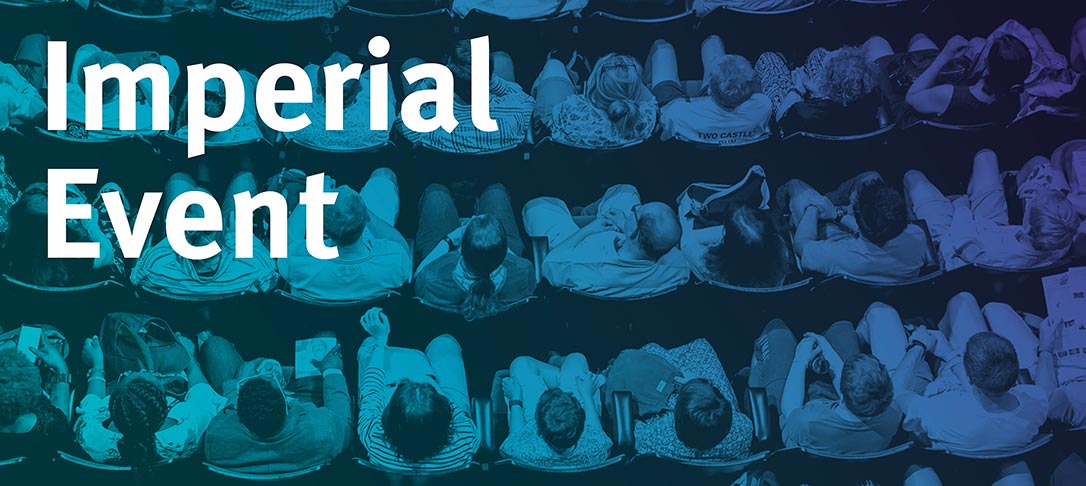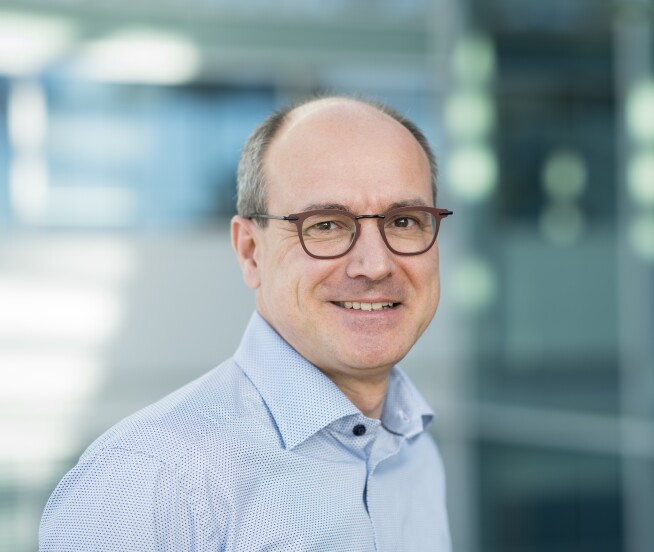
Join Prof Bert M. Weckhuysen, Inorganic Chemistry and Catalysis group, Institute for Sustainable and Circular Chemistry, Department of Chemistry, Utrecht University, as he kicks off the first 2025 lecture as part of the Department of Chemical Engineering’s popular Distinguished Seminar Series.
Title:
Operando Spectroscopy of Heterogeneous Catalysts to Make Fuels and Chemicals from Renewable Resources
Abstract:
As we enter the era of catalytic activation of small molecules, such as CO2, N2 and H2O, to realize the so-called refinery of the future one of the main questions to answer for scientists involve the coupling of carbon fragments, originating from CO2, either produced at point sources, or harvested from direct air capture units. The goal is to manufacture increasingly complex carbon-containing molecules from CO2 – or the related molecule CO – instead of making them from crude oil fractions.
This requires a profound knowledge of the chemical processes taking place at the catalytic surface of both thermo- and electrocatalytic activation processes of CO2, was well as of the subsequent chemical conversion processes in which carbon monoxide (Fischer-Tropsch synthesis), methane (via C-H activation to make e.g. olefins and aromatics) and methanol (methanol-to-hydrocarbons process) are used.
This is the topic of this lecture, in which Prof Weckhuysen discusses the latest progress made in their group in understanding CO2 activation over nickel and cobalt (thermocatalytic conversion) as well as copper (electrocatalytic conversion), and the subsequent conversion processes of the reaction products to make fuels and chemicals, including long-chain hydrocarbons, methanol and aromatics, thereby making use of combination catalyst materials and reaction processes. Special emphasis is on the use of operando spectroscopy and microscopy methods to elucidate reaction and deactivation mechanisms.
The last part of the talk will be focused on alternative resources, such as biomass and plastic waste, thereby illustrating the issue of mass transfer processes, as well as the role of active sites embedded at the outer surface of solid catalysts, to ensure for example pre-cracking of the large hydrocarbon molecules.
Speaker biography:

Bert Weckhuysen, a Distinguished University Professor at Utrecht University (The Netherlands), received his Master and PhD degrees from Leuven University (Belgium) in 1991 and 1995. He has worked as a postdoctoral fellow at Lehigh University (USA) and Texas A&M University (USA). He has (co-) authored more than 750 scientific journal publications and has received many scientific awards, including the Royal Dutch Chemical Society Gold Medal, the Netherlands Catalysis and Chemistry Award, the Paul H. Emmett Award in Fundamental Catalysis, the International Catalysis Award, the Bourke Award from the Royal Society of Chemistry, the Spinoza Award from the Netherlands Organization for Scientific Research, the Kozo Tanabe Prize for Acid-Base Catalysis, and the Chemistry Europe Award. He is a Knight in the Order of the Netherlands Lion, and an elected member of a.o., the Royal Dutch Academy of Sciences (KNAW), the Royal Flemish Academy of Belgium for Sciences and Arts (KVAB), and the European Academy of Sciences.
To book:
This event is by calendar invite only. If you are interested in attending, please email chemeng.comms@imperial.ac.uk.
Attendance type:
In-person encouraged.